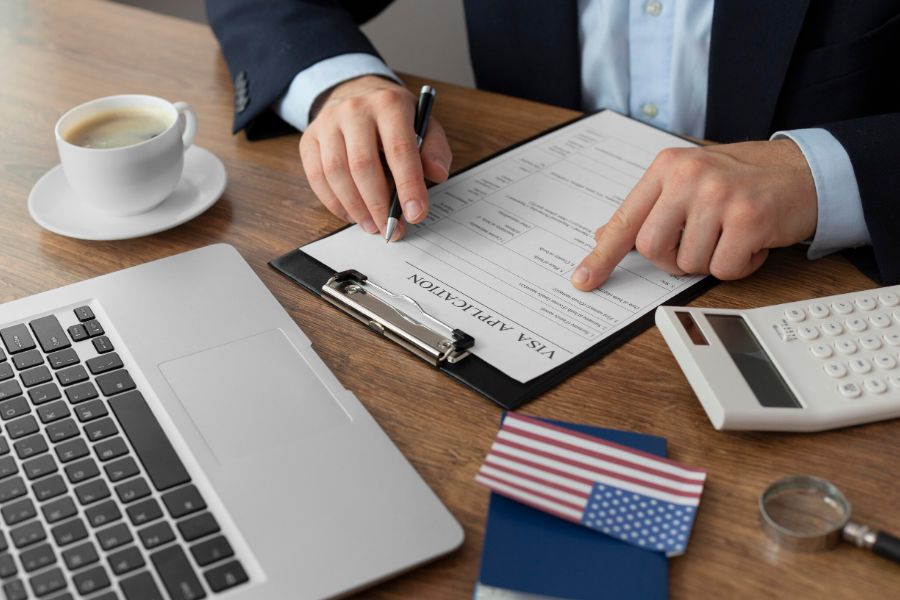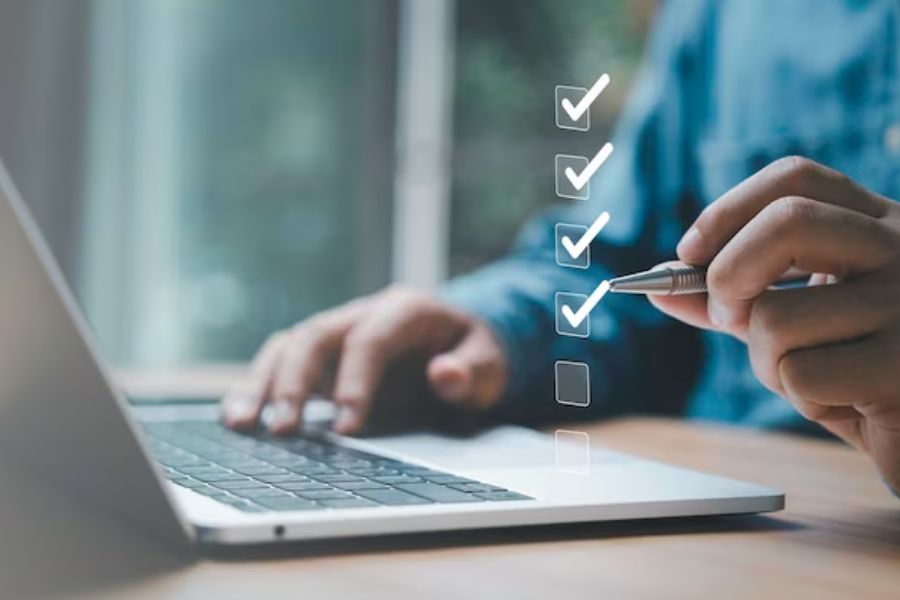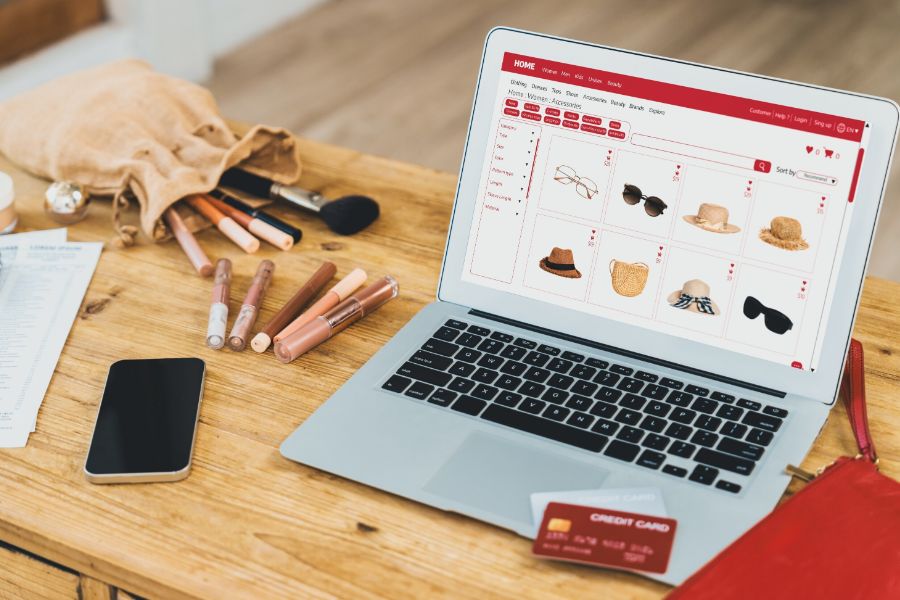In the United States, selling firearms legally requires obtaining a Federal Firearms License (FFL). This essential license grants individuals or entities the authority to engage in the business of selling firearms. Understanding the process and requirements for obtaining an FFL license is crucial for anyone venturing into the gun-selling business. Let’s explore the key steps in obtaining an FFL license and how Point of Sale (POS) systems play a vital role in ensuring smooth and compliant operations.
What is an FFL License?
An FFL license, short for Federal Firearms License, is issued by the Bureau of Alcohol, Tobacco, Firearms, and Explosives (ATF) to individuals or entities intending to sell firearms as a business. It is a legal requirement to manufacture, import, or sell firearms and ammunition in the United States.
- Permission to Engage in Firearms Business: It grants individuals or entities the authority to engage in the business of manufacturing, importing, or selling firearms and ammunition.
- Types of FFL Licenses: There are various types of FFL licenses, including those for firearm dealers, manufacturers, importers, and collectors, each with specific permissions and regulations.
- Regulated by ATF: The ATF regulates the issuance and renewal of FFL licenses, ensuring that businesses and individuals adhere to federal and state laws regarding firearms transactions.
- Background Checks: Applicants for an FFL license must undergo thorough background checks, verifying their eligibility, legal residency, and compliance with local laws.
- Local Law Enforcement Notification: As part of the application process, applicants are required to notify their local chief law enforcement officer about their intention to apply for an FFL license.
- Interview and Waiting Period: Applicants must participate in an in-person interview with an ATF Industry Operations Investigator (IOI). There is also a mandatory waiting period after the application before approval.
- Strict Compliance: FFL holders must strictly comply with all regulations, including maintaining accurate records, conducting customer background checks, and following waiting periods for firearm transfers.
- Revocation for Violations: Violations of FFL regulations can result in the revocation of the license, leading to legal consequences for the business or individual involved.
Steps to Obtain an FFL License and Start Selling Guns in the US
1. Understand the Types of FFL Licenses
There are 11 different types of FFL licenses available, each with specific purposes and requirements. The type of license you need will depend on the nature of your firearms-related business or activities.
Types of Federal Firearms Licenses:
- Type 01 – Dealer in Firearms Other Than Destructive Devices
- Type 02 – Pawnbroker in Firearms Other Than Destructive Devices
- Type 03 – Collector of Curios and Relics
- Type 06 – Manufacturer of Ammunition for Firearms Other Than Ammunition for Destructive Devices or Armor Piercing Ammunition
- Type 07 – Manufacturer of Firearms Other Than Destructive Devices
- Type 08 – Importer of Firearms Other Than Destructive Devices or Ammunition for Firearms Other Than Destructive Devices, or Ammunition Other Than Armor Piercing Ammunition
- Type 09 – Dealer in Destructive Devices
- Type 10 – Manufacturer of Destructive Devices, Ammunition for Destructive Devices or Armor Piercing Ammunition
- Type 11 – Importer of Destructive Devices, Ammunition for Destructive Devices or Armor Piercing Ammunition
2. Meet Eligibility Requirements
Before applying for an FFL, ensure you meet federal and state eligibility criteria and comply with state and local laws regarding firearms sales and transfers, including age restrictions and legal residency. This includes obtaining any necessary business licenses and ensuring compliance with zoning regulations.
3. Complete an FFL Application
Next, fill out the Application for License (FFL) – ATF Form 7/7CR accurately and thoroughly. Prepare all necessary documents, including business records, personal identification, and compliance certificates.
Next, send the completed application to the ATF post office box and submit the proper application fee.
4. Secure Your Business Location
While waiting for the next step, you can acquire a suitable physical location for your firearm business that complies with local zoning laws and safety regulations. Implement necessary security measures, such as alarm systems and safes, to meet ATF requirements.
5. Notify Local Law Enforcement
As required by federal law. you also need to inform the chief law enforcement officer in your area about your intention to apply for an FFL license. It’s always wise to maintain open communication with local law enforcement agencies to establish transparency and cooperation.
6. Interview and Background Check
If the initial review is successful, an Industry Operations Investigator (IOI) from your local ATF field office will conduct an in-person interview with you. During this interview, the IOI will assess your eligibility and the suitability of your proposed firearms business or activities.
7. Waiting Period and Approval
The waiting period for a completed application will take approximately 60 days, during which the ATF reviews your application, conducts additional checks, and verifies your information. Once your FFL license is approved, you will receive a notification from ATF.
8. Compliance and Record-Keeping
You must strictly adhere to all federal, state, and local regulations regarding firearm sales, transfers, and background checks. Maintain accurate and detailed records of all transactions, including buyer information, firearm details, and dates of sales, as mandated by the ATF.
Note: An FFL license must be renewed every 3 years. Failure to renew on time may result in the revocation of the license. Be sure to keep track of the expiration date and initiate the renewal process well in advance.
The Role of POS Systems in Starting a Gun Business in the US
Implementing a reliable Point of Sale (POS) system is crucial for successfully operating a gun business in the US. Here’s how POS systems contribute to a compliant and efficient firearm business:
Ensuring Regulatory Compliance
Automated Compliance Checks: Modern POS systems take the hassle out of compliance by automatically handling background checks and license confirmations. They ensure every sale is thoroughly verified, keeping your business in line with both federal and state rules without missing a beat.
Comprehensive Record-Keeping: Keep every customer transaction under one roof with POS systems that record all the details, including background check outcomes. When it’s time for an inspection, you’ve got all the transaction histories neatly organized and ready to show.
Compliance Alerts: Stay ahead of the game with smart alerts that remind you of important legal steps like waiting periods. These handy prompts mean you’ll never accidentally skip over a regulation, keeping your business safe from potential legal hiccups.
Streamlining Inventory Management
Real-time Inventory Tracking: Advanced POS systems like ConnectPOS provide precise, real-time monitoring of your inventory, including firearms, ammunition, and accessories. This feature ensures that your inventory levels are constantly updated, enabling you to avoid the pitfalls of overstocking or running out of key items.
Automated Reordering: With ConnectPOS, restocking becomes a seamless process. The system intelligently predicts when you’ll need more stock and sends you alerts to reorder. This ensures that your business maintains optimal inventory levels, contributing to better cost management.
Efficient Supplier Management: POS systems enhance the way you work with your suppliers by automating and streamlining the ordering process. This allows for smooth, consistent inventory replenishment and helps in nurturing strong, reliable supplier relationships.
Enhancing Customer Experience and Safety
Effortless Transactions: POS systems streamline the checkout process, ensuring transactions are both quick and compliant. With real-time eligibility verification and efficient background checks, customers enjoy a purchasing process that’s not only fast but also thorough.
Secure Payments: These systems come with robust payment gateways that prioritize transaction security. Customers can shop with confidence, knowing their payment information is protected, which reinforces their trust in your business’s dedication to security.
Responsible Sales: POS technology supports a business’s commitment to safety by facilitating prompt and accurate background checks, ensuring that firearms are sold responsibly to qualified individuals. This dedication to lawful sales fosters community safety and upholds high ethical standards.
Facilitating Reporting and Analytics
Comprehensive Business Insights: With comprehensive POS systems, you can access in-depth reports that shed light on sales patterns, stock statuses, and what your customers are looking for. Armed with this data, you can tailor your inventory and marketing efforts to meet demand and drive growth.
Regulatory Compliance Reports: The reporting capabilities of these systems offer meticulous records and detailed sales insights. This documentation is essential when it’s time for regulatory checks or audits, helping you demonstrate complete adherence to industry laws and documentation necessities.
Conclusion
Understanding the nuances of acquiring an FFL license is fundamental for anyone venturing into the firearms business. The journey from understanding the various license types, meeting eligibility requirements, and navigating the stringent regulations can be complex. However, it’s essential for maintaining the integrity of the industry and ensuring public safety. If you want to know more about ConnectPOS and how it can assist your firearms business, please don’t hesitate to contact us. Our experts are here to provide comprehensive guidance and support tailored to your unique needs.
ConnectPOS is a all-in-one point of sale solution tailored to meet your eCommerce POS needs, streamline business operations, boost sales, and enhance customer experience in diverse industries. We offer custom POS with features, pricing, and plans to suit your unique business requirements.




